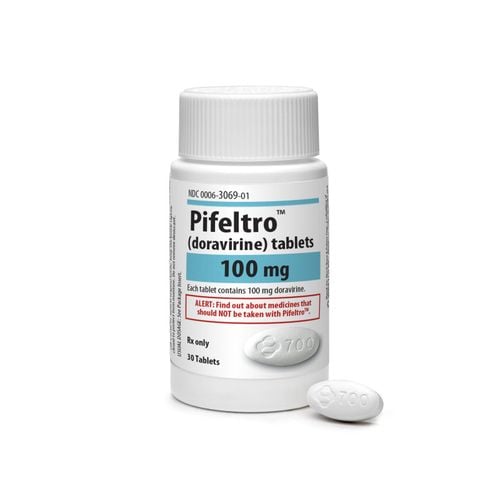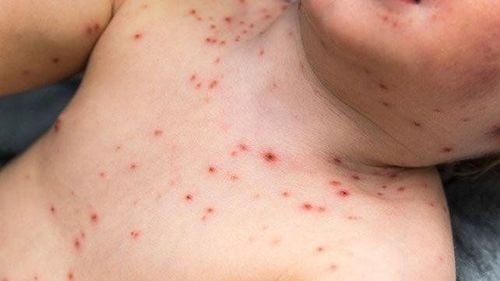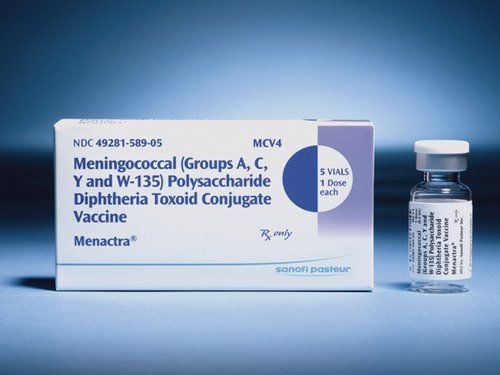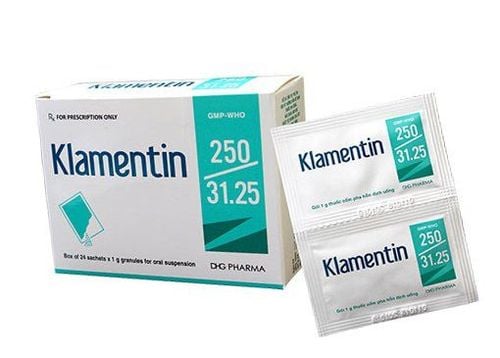This is an automatically translated article.
The article was consulted with Master, Doctor Nguyen Thi An - Pediatrician - Neonatologist - Department of Pediatrics - Neonatology - Vinmec Ha Long International General Hospital.Chickenpox is a highly contagious disease that affects both adults and children. Chickenpox in children is at risk of becoming a major epidemic in the spring, when the weather is warm.
1. Signs of chickenpox in newborns
Chickenpox burns in children are often quite easy to recognize because of the characteristic signs of chickenpox.1.1 Early stage At onset, children begin to have fever, headache, muscle aches, but there are also some children who have no signs at this early stage. This stage of the disease lasts about 10-20 days.
1.2 Full-blown stage On the child's skin, pale pink spots begin to appear, more and more, after 1-2 days, nodules appear. The blisters usually appear on the chest and back, then spread all over the body.
Initially the water in the blisters is transparent, then turns cloudy and becomes pus-colored. From these red spots, blisters will gradually form. The number of vesicles in a newborn is estimated at 250-500.
1.3 Recovery phase If there are no unusual complications, the child will recover in 1-2 weeks, the blisters dry, scab and fall off quickly without leaving a scar if there is no infection or complications. When the child's health returns to normal, it is necessary to add vitamins and nutrients to accelerate the child's recovery process.
Mothers should also watch out for flu-like signs:
Mild cough, runny nose, wheezing, little or no feeding. These are considered symptoms that are likely to appear before the body develops a rash about 2-3 days.
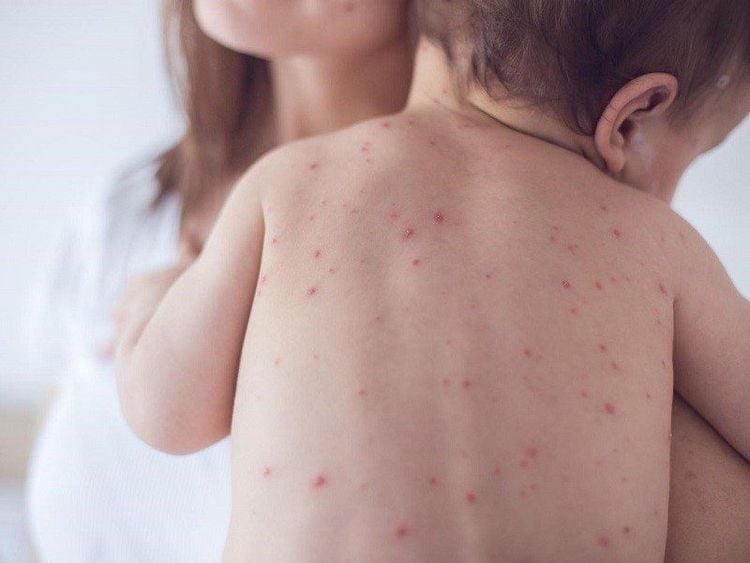
2. Chickenpox complications in infants
Usually, chickenpox is a benign disease. However, chicken pox in children can also cause dangerous complications such as meningitis, hemorrhage, sepsis, nodular infection, cellulitis, hepatitis... It can be fatal if the baby is not treated promptly.Infection, secondary superinfection at vesicles, chickenpox, internal bleeding: This is a common phenomenon in newborns due to broken, scratched, peeling blisters leading to skin infection and pus formation. , ulcers. These blisters will later leave deep scars that are difficult to treat. Encephalitis, meningitis: Complications appear in young children, appearing 1 week after bubbling water. However, the incidence of this complication is usually higher in adults. Complications can be fatal if not treated promptly, accompanied by recognizable signs such as high fever, convulsions, coma, impaired consciousness, nystagmus. Chickenpox pneumonia: Usually occurs in children, on the 3rd - 5th day of the disease with manifestations such as coughing, coughing up blood, chest pain, shortness of breath. Acute glomerulonephritis: Severe progressive chickenpox will affect the kidneys, causing nephritis, acute glomerulonephritis with signs such as blood in the urine, kidney failure. Hepatitis: This complication is rare and has no obvious symptoms. Common symptoms are indigestion, nausea, and a weakened immune system. Otitis externa, middle ear: Children with chickenpox can get ear infections in the case of chickenpox blisters growing in the ear causing ulcers, itchy sores. Shingles : After healing, the Varicella Zoster virus (VZV) remains in the nerve roots. When the nervous system is weakened, the virus reactivates and causes shingles. Guillain-Barré syndrome (or Landry's palsy) is a rare disease involving the peripheral nervous system. The disease is caused by the body's immune system attacking the nerves, making the limbs weak, gradually paralyzed and then spreading to the whole body. Currently, the cause of the disease is unknown, but Guillain-Barré syndrome usually occurs when a person has a previous infectious disease.
Please dial HOTLINE for more information or register for an appointment HERE. Download MyVinmec app to make appointments faster and to manage your bookings easily.

Please dial HOTLINE for more information or register for an appointment HERE. Download MyVinmec app to make appointments faster and to manage your bookings easily.





